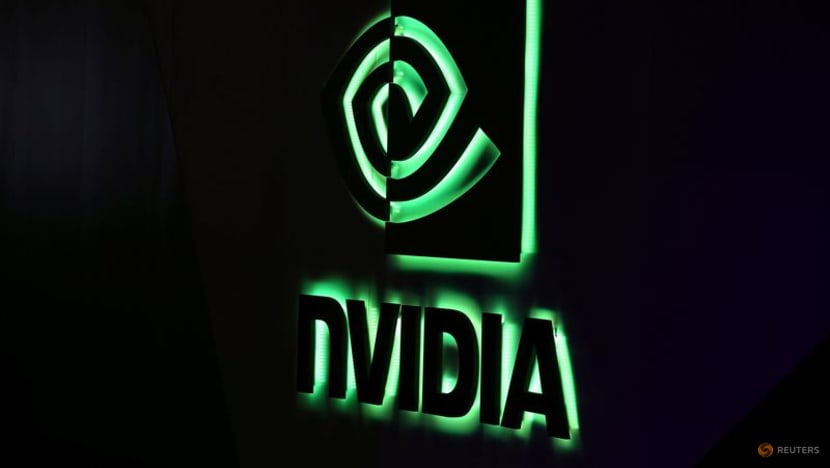Nvidia-backed AI startup SandboxAQ creates new data to speed up drug discovery

FILE PHOTO: A NVIDIA logo is shown at SIGGRAPH 2017 in Los Angeles, California, U.S. July 31, 2017. REUTERS/Mike Blake
SAN FRANCISCO :SandboxAQ, an artificial intelligence startup spun out of Alphabet's Google and backed by Nvidia, on Wednesday released a trove of data it hopes will speed up the discovery of new medical treatments by helping scientists understand how drugs stick to proteins.
The goal is to help scientists predict whether a drug will bind to its target in the human body.
But while the data is backed up by real-world scientific experiments, it did not come from a lab. Instead, SandboxAQ, which has raised nearly $1 billion in venture capital, generated the data using Nvidia's chips and will feed it back into AI models that it hopes scientists can use to rapidly predict whether a small-molecule pharmaceutical will bind to the protein that researchers are targeting, a key question that must be answered before a drug candidate can move forward.
For example, if a drug is meant to inhibit a biological process like the progression of a disease, scientists can use the tool to predict whether the drug molecule is likely to bind to the proteins involved in that process.
The approach is an emerging field that combines traditional scientific computing techniques with advancements in AI. In many fields, scientists have long had equations that can precisely predict how atoms combine into molecules.
But even for relatively small three-dimensional pharmaceutical molecules, the potential combinations become far too vast to calculate manually, even with today's fastest computers. So SandboxAQ's approach was to use existing experimental data to calculate about 5.2 million new, "synthetic" three-dimensional molecules - molecules that haven't been observed in the real world, but were calculated with equations based on real-world data.
That synthetic data, which SandboxAQ is releasing publicly, can be used to train AI models that can predict whether a new drug molecule is likely to stick to the protein researchers are targeting in a fraction of the time it would take to calculate it manually, while retaining accuracy. SandboxAQ will charge money for its own AI models developed with the data, which it hopes will get results that rival running lab experiments, but virtually.
"This is a long-standing problem in biology that we've all, as an industry, been trying to solve for," Nadia Harhen, general manager of AI simulation at SandboxAQ, told Reuters on Tuesday. "All of these computationally generated structures are tagged to a ground-truth experimental data, and so when you pick this data set and you train models, you can actually use the synthetic data in a way that's never been done before."













